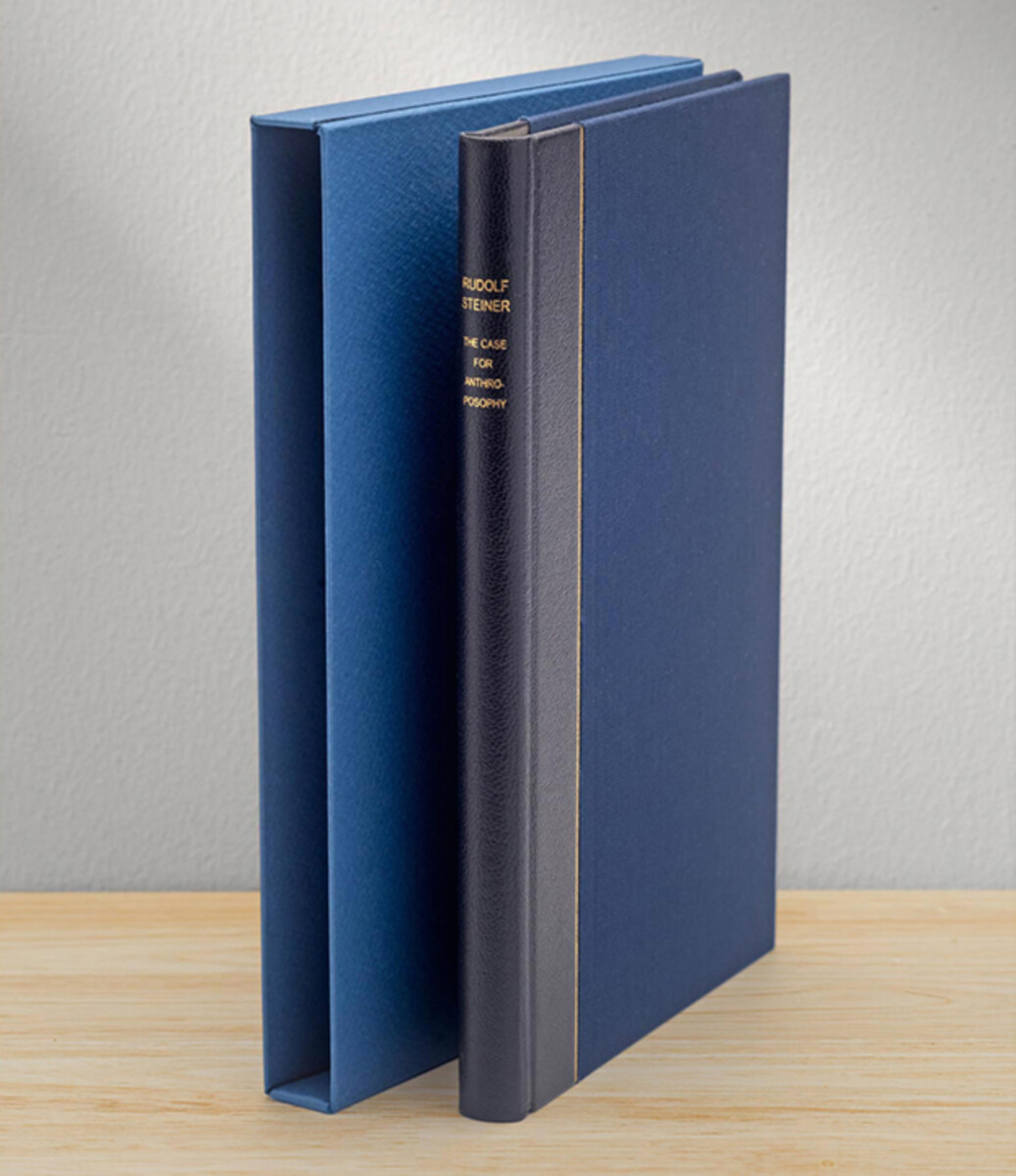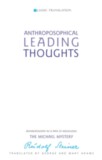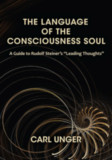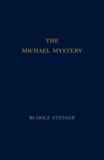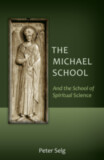The Case for Anthroposophy
Extracts from “Riddles of the Soul” (CW 21)
- Publisher
SteinerBooks - Published
15th March 2018 - ISBN 9780996921107
- Pages 124 pp.
- Size 5.5" x 8.5"
Written in 1917 (CW 21)
“As the mortal part of the sentient human being manifests itself through rhythmic occurrences in the body, so does the immortal spirit-kernel of the soul reveal itself in the inspiration-content of intuitive consciousness.” — Rudolf Steiner (“Principles of Psychosomatic Physiology”)
The Case for Anthroposophy consists of Owen Barfield's selections from Riddles of the Soul), one of the most important written works by Rudolf Steiner, who said that the first essay was written not with a pen, but with “soul spades that want to rip away the planks that board up the world—i.e., clear away the limits to knowledge set by natural science—but want to do so through one’s inner work of the soul.”
In the second essay, Rudolf Steiner goes head-to-head with Max Dessoir, a typical materialist and foe of the spirit; Dessoir’s response to Steiner's essay is included as an appendix. Steiner also describes for the first time how the three soul forces (thinking, feeling, and volition) relate to the three organizations of the body: the nervous–sensory system; the rhythmic system; and the metabolic–limb system.
While not an easy text, The Case for Anthroposophy offers a unique exploration of inner and outer frontiers, as well as the ways in which bridges are built to connect them. This book was always an important work for early students of Spiritual Science, who worked deeply to penetrate Rudolf Steiner’s esoteric teaching.
The Chadwick Library Edition is an endeavor to republish—mostly in new or thoroughly revised English translations—several written works of Rudolf Steiner. The edition is named for the late horticulturist Alan Chadwick, whose life and work has served as inspiration to the small group from which the idea originated. Our extensive experience with special bindings led to the selection—for this “trade edition” of 750 books—of a leather spine binding, cloth sides, and a light slipcase. For the hand-numbered edition (100 books), the binding is full leather with a hand-gilt top of the pages in a fine, stiff, cloth-covered slipcase. The leather is blue calfskin, and the title stamping on the spines is in genuine gold leaf. All of this will be carried out by hand at one of the finest binders, Ruggero Rigoldi.
The Case for Anthroposophy is an English translation of German of extracts selected by Owen Barfield from Vom Seelenrätseln (GA 21).
Read more about the Chadwick Library Edition at chadwicklibrarypress.org.
C O N T E N T S:
Introduction by Owen Barfield
I. Anthropology and Anthroposophy
II. The Philosophical Bearing of Anthroposophy
III. Concerning the Limits of Knowledge
IV. Concerning Abstraction
V. Concerning the Nature of Spiritual Perception
VI. Reply to a Favourite Objection
VII. Principles of Psychosomatic Physiology
VIII. The Real Basis of Intentional Relation
Rudolf Steiner
Rudolf Steiner (b. Rudolf Joseph Lorenz Steiner, 1861–1925) was born in the small village of Kraljevec, Austro-Hungarian Empire (now in Croatia), where he grew up. As a young man, he lived in Weimar and Berlin, where he became a well-published scientific, literary, and philosophical scholar, known especially for his work with Goethe’s scientific writings. Steiner termed his spiritual philosophy anthroposophy, meaning “wisdom of the human being.” As an exceptionally developed seer, he based his work on direct knowledge and perception of spiritual dimensions. He initiated a modern, universal “spiritual science” that is accessible to anyone willing to exercise clear and unbiased thinking. From his spiritual investigations, Steiner provided suggestions for the renewal of numerous activities, including education (general and for special needs), agriculture, medicine, economics, architecture, science, philosophy, Christianity, and the arts. There are currently thousands of schools, clinics, farms, and initiatives in other fields that involve practical work based on the principles Steiner developed. His many published works feature his research into the spiritual nature of human beings, the evolution of the world and humanity, and methods for personal development. He wrote some thirty books and delivered more than six thousand lectures throughout much of Europe. In 1924, Steiner founded the General Anthroposophical Society, which today has branches around the world.


